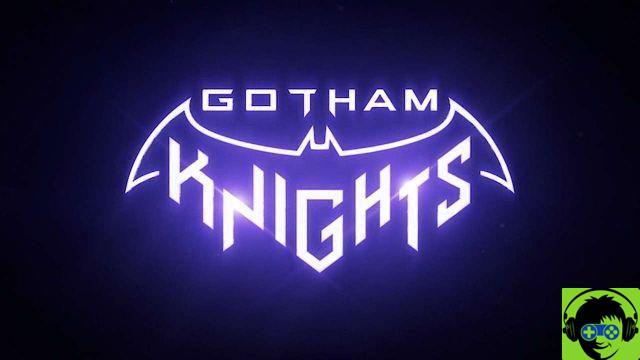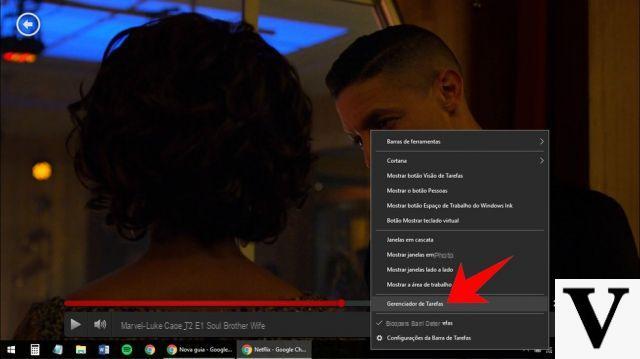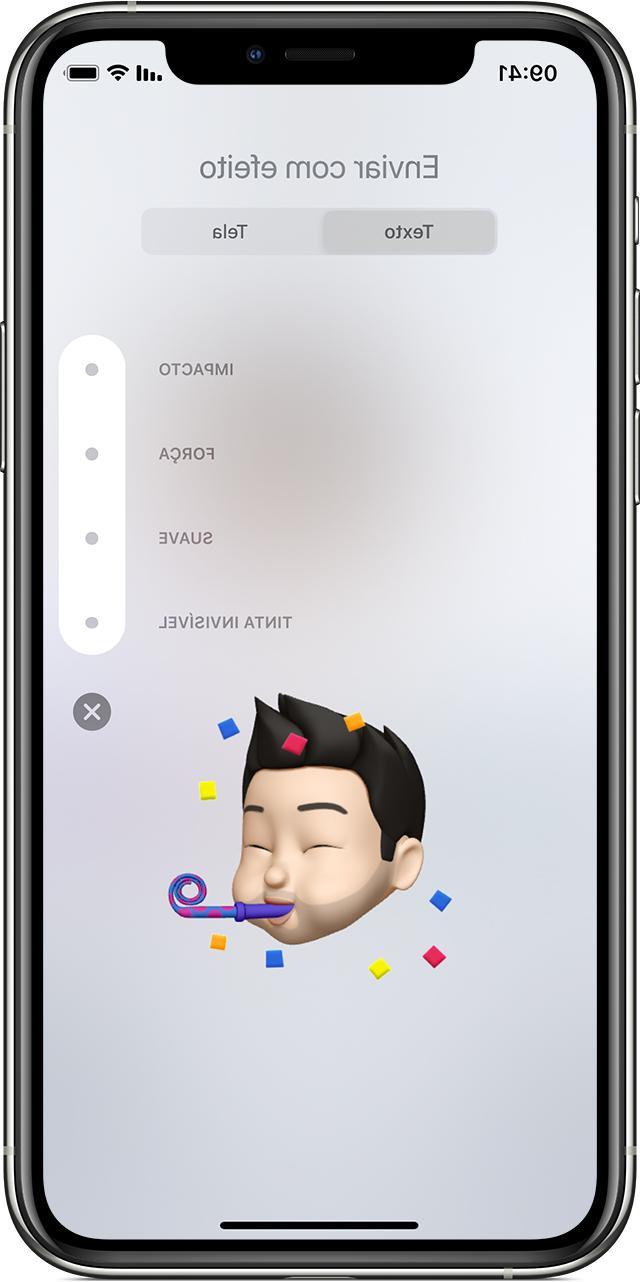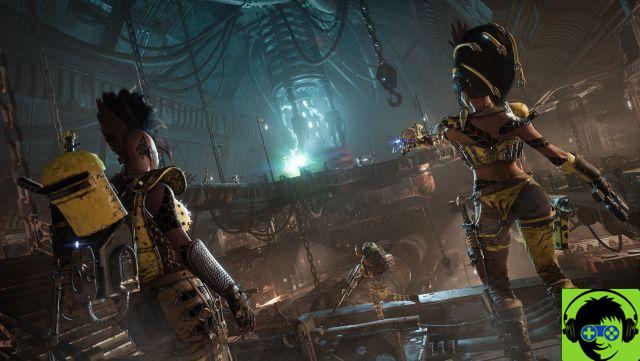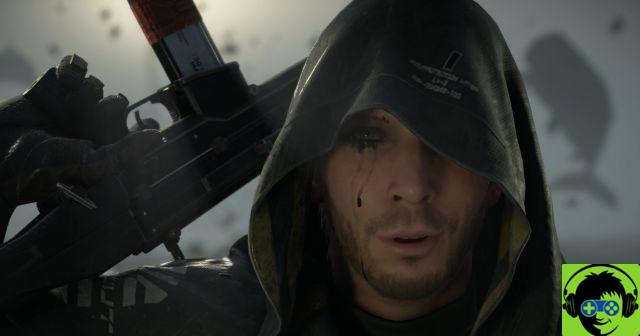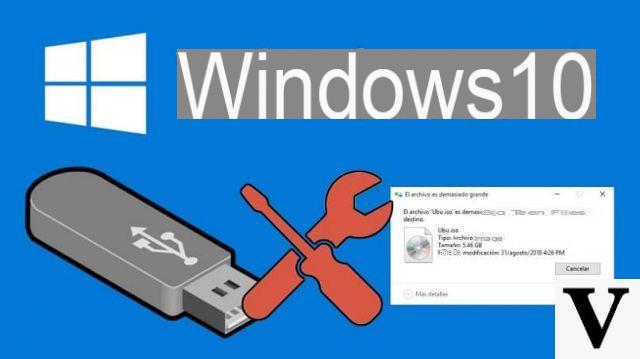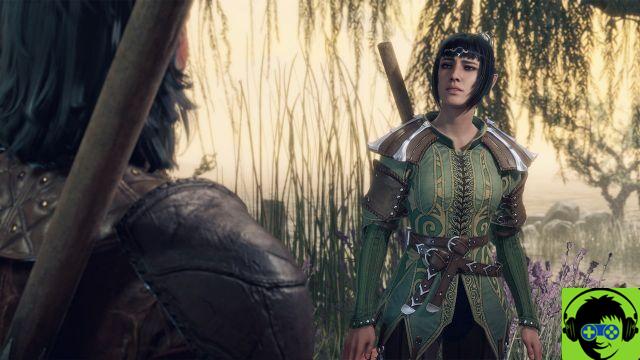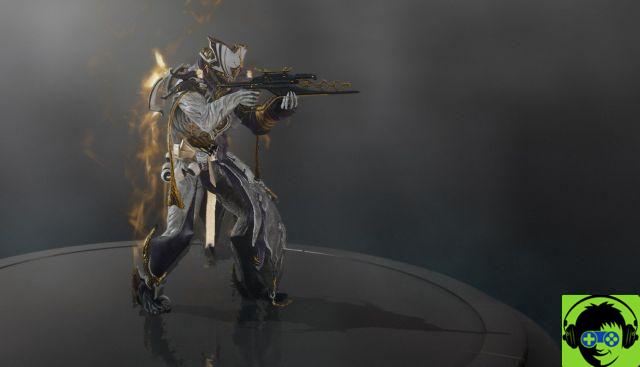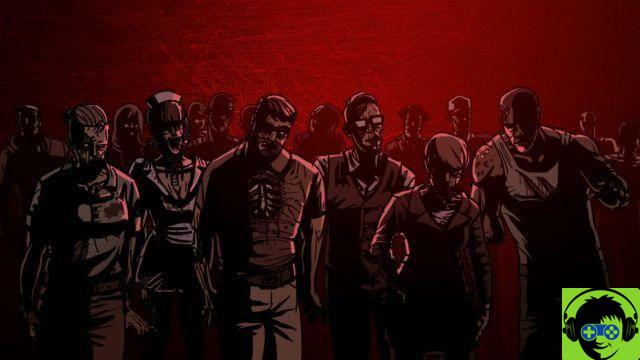
After being released on both PC and mobile devices, managing to gain a large following of fans, Dead age officially lands on PlayStation 4.
Dead Age is a indie role-playing game inserted in an apocalyptic context where the zombies have taken over the human race. A survival horror which will lead the player to have to manage a group of survivors, between choices and events that will radically change the course of the game.
Will the title really turn out to be the perfect marriage between the genre of survival horror and role-playing games? Let's find out together in this review.
The collapse of the human race
Dead Age, made completely in Unity da Silent Dream and edited by Headup, will put us in the shoes of a group of survivors struggling with a zombie apocalypse.
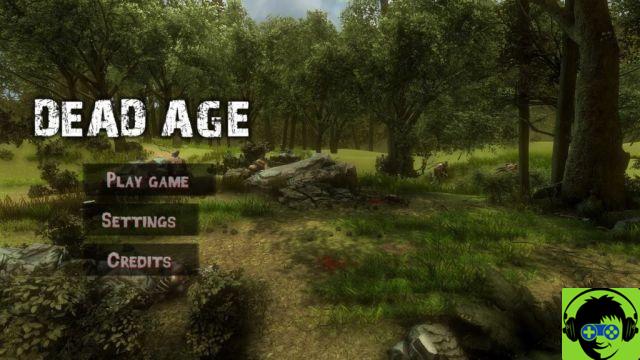
At the beginning of the game, the game will give us the possibility to choose your character by selecting him according to the work we would like him to do. Initially only the student will be available, to unlock the other jobs we would need to progress within the adventure.
Each job gives different bonus to our character, ranging from combat healing to item crafting.
Once we have chosen the name to give to our protagonist and once we have selected the game difficulty, we will be ready to immerse ourselves in Dead Age.

Between survival horror and role playing
At the start of the game we will find ourselves facing the prologue, in which we will be explained thegame setting and the situation of our protagonist. A virus has infected the whole world, forcing the survivors and fighting every day for survival.
Our protagonist, who was unharmed after a car accident, will have to find his missing sister, making his way through hordes of undead and groups of bandits.
Il prologue serves as a tutorial and will allow us to familiarize yourself with the controls and with the combat system, similar to any turn-based JRPG.
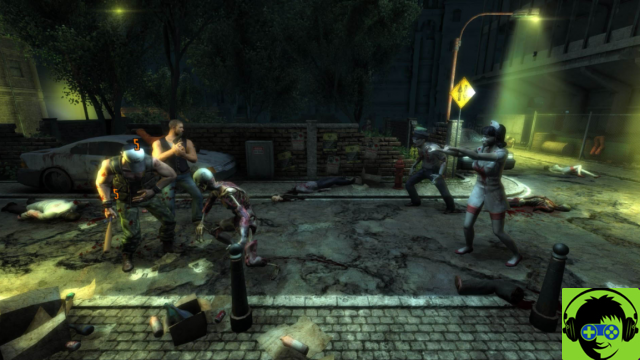
The fight pits against the protagonist different types of zombies, each with its own characteristics. There are zombies that can heal, like the Undead Nurse, others that can inflict various effects on our characters, like the Suit.
Our party will have a series of actions available to damage and defeat the undead enemies. We can hit them using attacks hand-to-hand, firearms to hit from a distance (this will cause us to consume bullets) or ability that allow us both to heal ourselves and to increase the statistics.
Each character will have a maximum of 4 action points, which will allow us to use certain skills by consuming them. At the top left we will find the life bar of our characters together with icons that indicate the effects suffered.

At the end of each fight our party members will get experience points to level up e rewards, ranging from crafting items to consumables.
The biggest problem with this combat system is that it leaves no room for tactics or different styles of play.
We will find ourselves in most of the time always performing the same action in order to progress quickly in the course of our mission, also due to the mechanics really too shallow to be an RPG.
La 3D graphics used for fighting is not to move with the times, with poor character and enemy models, cumbersome animations and poorly defined environment textures. Particle effects are mediocre, and are limited to only a few visual effects.
Dead Age is not dubbed and the soundtrack narrows down to a few tracks that are repeated during the game, becoming annoying after just a few hours of play.
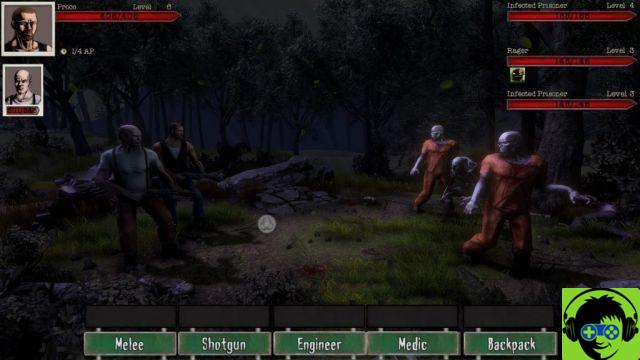
La repetitiveness of the environments during the game, along with a scarce will vary of enemies, drastically affect the quality of the title. Despite being a game originally released in 2016, we would have liked more effort from a graphic point of view.
After getting acquainted with other survivors and finding out what happened to the protagonist's sister, we will head towards the camp, the beating heart of Dead Age.
The camp
The camp will be needed by the player for some basic activities, such as character management or jobs which will serve both for get food than defend the outpost from any attacks.
Throughout the adventure time will be marked from the passing of days, with random events that will have certain effects on our camp. Each day we spend in the game will make the survivors consume rations of food and items, and it will be vital not to run out of them.

The game it will save automatically only at the beginning of a new day, and if we were to die on a mission, we would have to live again every event of that day, making it particularly frustrating.
Every day, at dawn, we will have the opportunity to have gods causal encounters, both with groups of survivors to trade items or food rations, and with characters who will entrust us with missions. We can even suffer an attack, with consequent loss of food rations.
Once these encounters are over, we will be able to access the outpost screen, offering us different options for gameplay.
In particular, in Challenges we will be able to see the statistics and medals obtained during our adventure by killing zombies, in Jobs we could entrust a job to our survivors and in Shop we may exchange material for items or weapons.

In the Travel also we could choose the game area where to venture, while in the Cellar we will be able to talk to the characters, customize our party and see the missions to complete.
The management of the outpost it's not a perfectly successful mechanic within the game., due to the scarce possibilities of customization, interaction and management of the camp. The player will limit himself only to entrusting jobs and carrying out missions, suffering from time to time events desired by the game.
We would have definitely favored broader management, with perhaps the possibility of being able to manage food or to build defenses that limit the raids of the undead and marauders.
The Cellar and the characters management
The Cellar screen will be essential for the management of each character.
It will in fact show the our party, whose members are represented with an icon, a life bar and experience, e the missions to carry out.
Lo graphic style, which takes up the style of The Walking Dead comic, is really well done, managing to characterize both objects and characters.
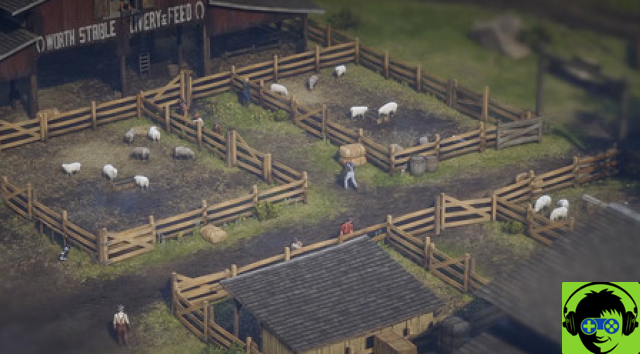
We will have the option, as previously mentioned, of talk to survivors, in order to obtain information on the mission and on any objects to be recovered. In fact, each mission will tell us where to go and things to do.
Changing the screen using the L1 or R1 keys, in the Gear section we could see specifically each party character.
Every survivor has the own characteristics and own equipment, which we will be able to modify during the adventure.
In the Combat Skills we will see the ability of our character, which we can improve by spending Skill Points obtainable by leveling up.
Even in this case, customization is almost nil, since we will have few choices between one or the other skills, ranging from body to body to the use of firearms.

Six skills in all are very few, if we put that you need very few Skill Points to be able to enhance them. In addition to the Combat Skills we will find the Job Skills which, if upgraded, will allow a character to to be able to do a certain job.
I Jobs, which are divided into blacksmith, doctor, hunter, outfitter, gunsmith and guard, and will unlock crafting sections in which to use your own objects to create equipment or consumables. Noteworthy are the works from Hunter e Guard, which will allow the survivors to defend the outpost and obtain food.
Jobs can only be assigned in thecamp, this means that you will not be able to craft once a mission has started. Preparing your equipment first is therefore vital.
The cellar ends with the sections Shop which, as we have said, allows us to obtain equipment through materials, and Challenges. The medals obtained by playing will be used to start a new game with upgrades already active, in order to facilitate the adventure.
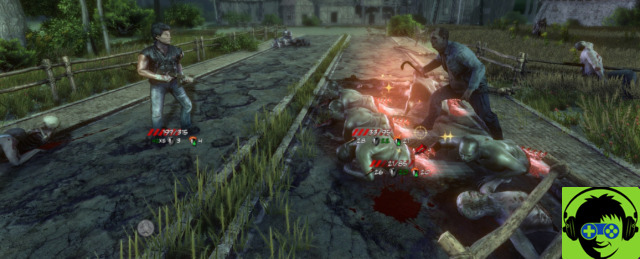
Once we have chosen the mission we will have to go to the section Travel and choose the place to start our adventure. We can choose between Highway (day or night), Camp, Woods (day or night). Really too few choices, if we then think that the game environments will repeat themselves during the course of the game.
Once we have chosen the place, we will find ourselves in the exact same screen as the Cellar, only instead of the missions we will find the name and number of the area to be faced, the enemies we will encounter and the materials we could obtain.
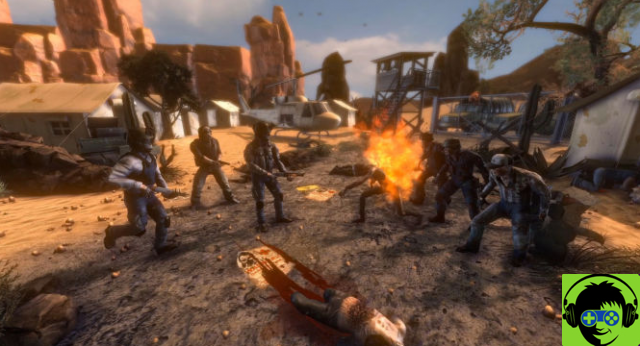
During our raids among the zombies there they will be random events, such as looting a car or meeting other civilians. Depending on our choices we could run into waves of zombies or rewards such as items or consumables.
If so die in the game, we will be catapulted into the main menu and we should again start a game over. Dead Age does not have a real plot that binds everything together, the only purpose of the game is to make the inhabitants of the outpost survive for as many days as possible.
In conclusion
Dead Age is a Survival Horror with RPG elements which is flawed almost in everything, a title that it does not allow the player ample choice in the management of both the group and the camp, leading it to perform the usual same actions.
Fights do not allow any kind of tactical approach, becoming repetitive as the adventure progresses. Too few zombies to defeat will bore the player after a few hours.
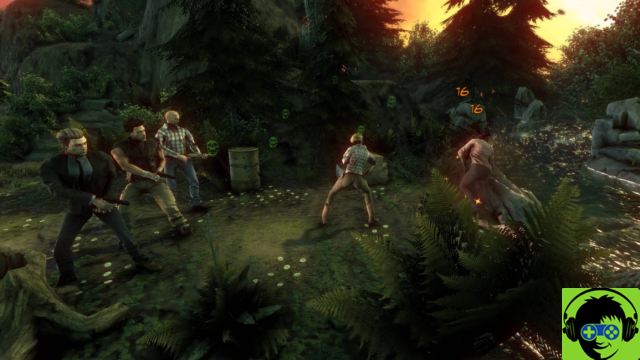
Il graphic side is bad for a game released four years ago, not to mention the technical, woody and untreated sector. The particle effects are reduced to some play of light and nothing more.
Noteworthy are the drawings in the style of The Walking Dead, really well made that characterize an almost empty world.
La character progression it is also well curated, although we would have liked more customization in terms of skills.
Dubbing is absent and the colonna sonora, consisting of very few tracks, can in the long run annoy the player as it will repeat itself over and over in the course of the game.





